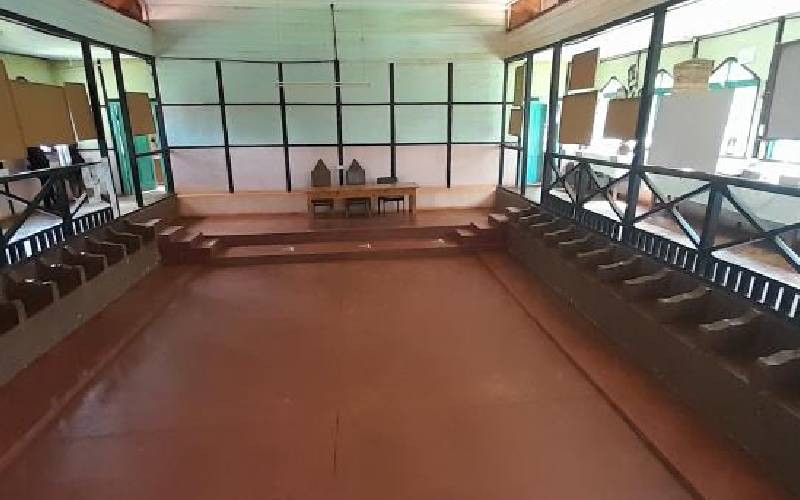×
The Standard e-Paper
Join Thousands Daily

The African Native Court Museum in Nyeri County stands in stark contrast to other modern buildings in the area.
Set up 99 years ago, the court which is carefully preserved as a museum also hosts the offices of the Nyeri Museum curator and the National Museum of Kenya.
